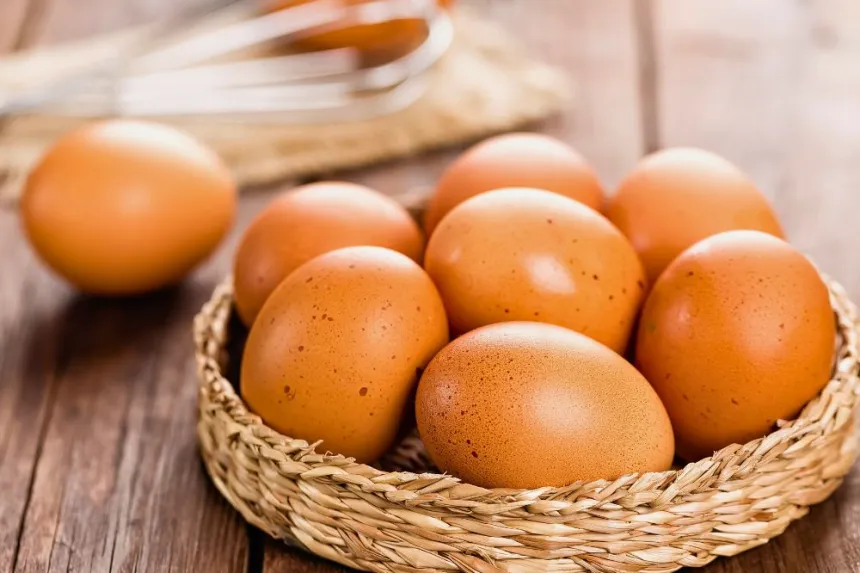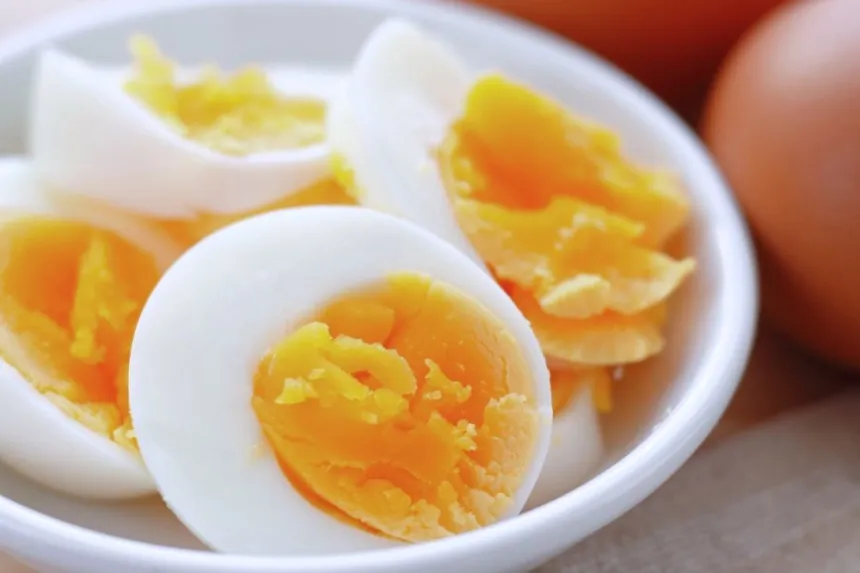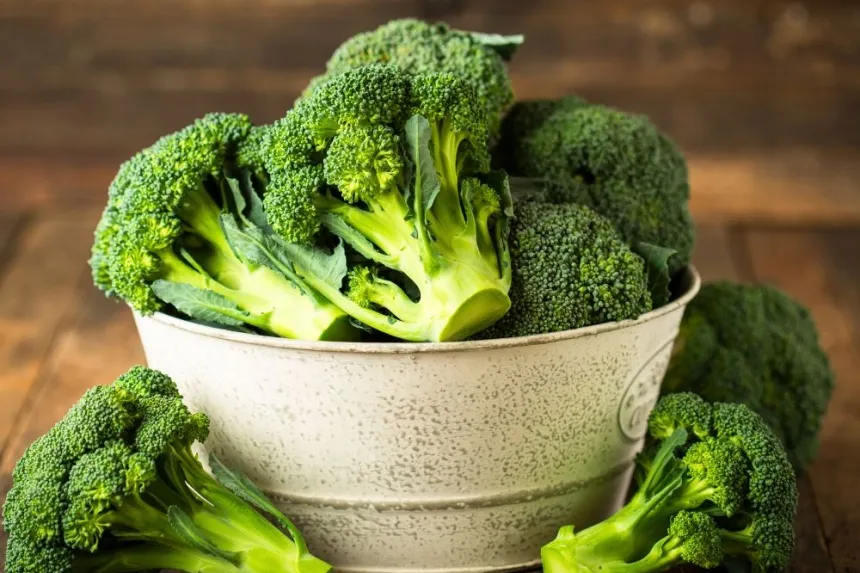How to Keep Fresh Eggs for Longer

Eggs are a staple food in many kitchens, but they can often lose their freshness faster than expected. Knowing the proper techniques for storing eggs can make a significant difference in their shelf life and the quality of the dishes you prepare. Below, I present some effective ways to keep eggs fresh for longer.
Selection of Fresh Eggs
Choose Wisely When Buying
When buying eggs, it is essential to check their freshness. Look for the expiration date on the carton and make sure to choose eggs that have the fewest number of days since that date. Opt for eggs that are on the back shelf, where the temperature remains more constant.
Inspect the Carton
Check the carton for cracked or dirty eggs. Damaged eggs can allow bacteria to enter and speed up spoilage. If you notice any damage, choose another carton.
Storage Methods
Immediate Refrigeration
Once you get home, place the eggs in the refrigerator right away. The cold temperature inhibits bacterial growth and extends the product's shelf life. Ideally, store eggs in the middle section of the refrigerator, where the temperature is most stable, instead of in the door, where it is more susceptible to temperature changes.
Avoid Moisture
Eggs should be stored in a dry place. Moisture can promote bacterial growth and cause eggs to spoil more quickly. Make sure the shelf or container where you store them is dry before placing the eggs.
Keep the Shell Intact
The shell of the eggs acts as a natural barrier against bacteria. Avoid washing eggs before storing them, as this can remove their protective layer. Dirt can be gently wiped off with a dry cloth if necessary.
Other Preservation Techniques
Freezing Eggs
If you have more eggs than you can consume in time, consider freezing them. To do this, crack the eggs and lightly beat them before pouring them into a freezer-safe container. This technique not only extends their shelf life but also allows you to have eggs on hand for future recipes.
Read also
Using Oil to Prolong Freshness
Another less common but effective technique is preserving fresh eggs in oil. Submerging eggs in vegetable oil creates a layer that prevents air and moisture from entering, keeping them fresh. To do this, make sure to use clean oil and store the eggs in a cool, dark place.
Freshness Check
The Water Test
If you're unsure whether an egg is fresh, you can perform the famous water test. Fill a container with water and place the egg in it. If it sinks and lays flat on its side, it is fresh. If it sinks but stands upright, it is still safe but should be consumed soon. If it floats, it's best to discard it.
Conclusion
Keeping eggs fresh for longer is possible if you follow these practical tips. From proper selection and storage to additional preservation methods, you can enjoy this versatile food for a longer period. Don't hesitate to put these techniques into practice to enhance the quality of your meals.
I invite you to continue reading more related news and useful tips to improve your cooking on my blog. Until next time!











































